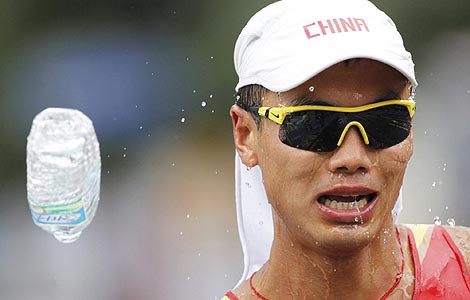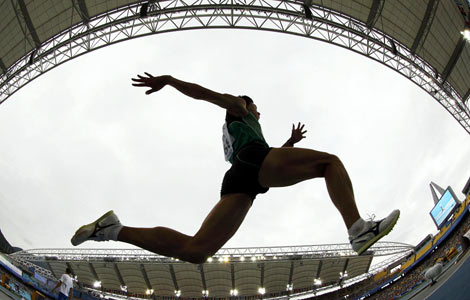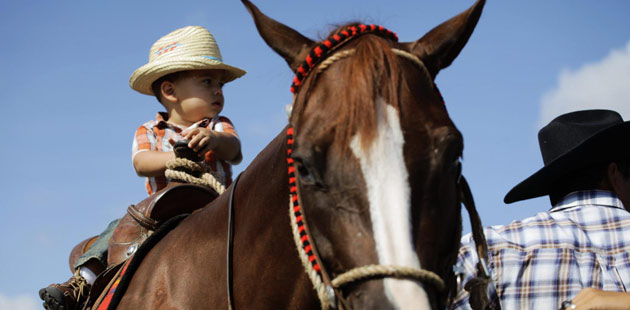Cuban defense minister dies
Updated: 2011-09-04 09:33
(Xinhua)
|
|||||||||||
HAVANA - Cuban Defense Minister Julio Casas Regueiro died of heart failure at 75 early Saturday, the Cuban government said.
Gen. Casas Regueiro, vice president and defense minister of the Cuban Revolutionary Armed Forces (FAR) died at 1:20 am local time (0620 GMT), the Political Bureau of the Central Committee of the Cuban Communist Party (CCP) said.
A day of national mourning to be held Monday was declared for the late general.
The late minister was succeeded by his first deputy, Gen. Leopoldo Cita Frias, according to Cuban regulations.
Casas Regueiro replaced President Raul Castro as head of the armed forces in 2008 when Castro was elected into the current office.
His body was cremated according to his wishes and shall be deposited at the Ministry of Armed Forces in Havana, state media said.
After the Saturday memorial, his ashes would be sent to the military "Mausoleum of the Second Front" in the eastern province of Granma, 901 km from Havana, to receive appropriate military honors.
The date of transfer and burial was not cleared.
Casas Regueiro was born on February 16, 1936 in the eastern town of Mayari Up.
He joined the army led by Fidel Castro in 1958 and ousted Fulgencio Batista's dictatorship in 1959.
In 1969 he was appointed deputy minister of FAR and served as chief of the Eastern Army, the Air Defense troops, substitute minister of FAR for the economic activity and first deputy minister.
Casas Regueiro studied at prestigious Soviet military academies and held the rank of Army general (three stars, only Raul Castro has four), as well as the title of "hero of the Republic of Cuba" for his active service and career.
Trained as an accountant, he successfully managed the finances of FAR and was regarded as the architect of economic reforms necessary to keep the Cuban army after the fall of the former Soviet Union, Cuba's then main economic support.
He launched a military industry capable of producing and maintaining the Soviet weaponry and created military agricultural enterprises to feed soldiers.
His successful economic management methods have been transferred to different ministries and some Cuban civilian companies led by high-ranking military officers.
Hot Topics
Libya conflict, Gaddafi, Oil spill, Palace Museum scandal, Inflation, Japan's new PM, Trapped miners, Mooncake tax, Weekly photos, Hurricane Irene
Editor's Picks
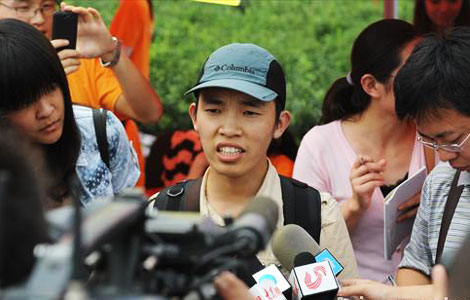
|
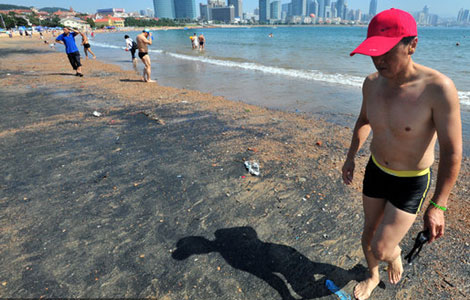
|
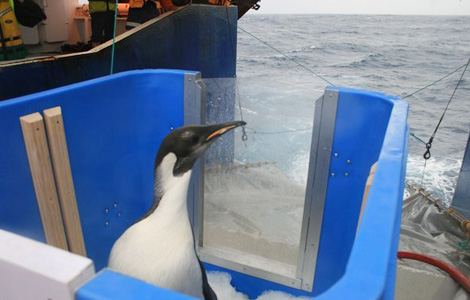
|
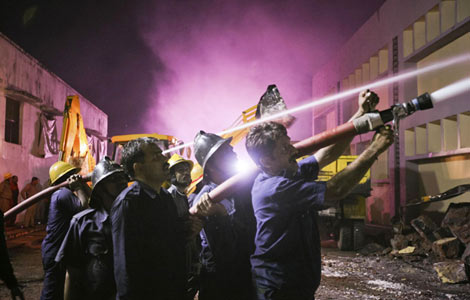
|
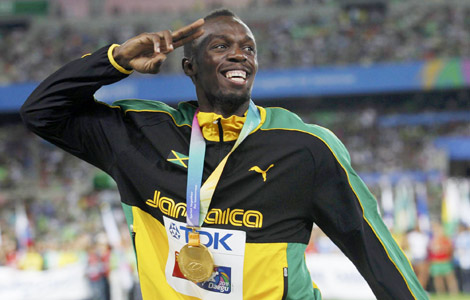
|
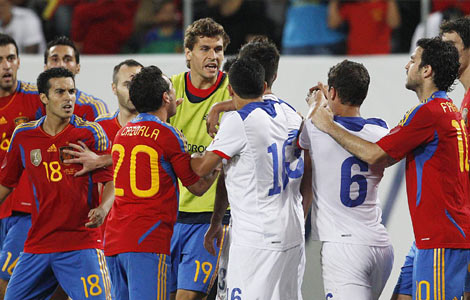
|


